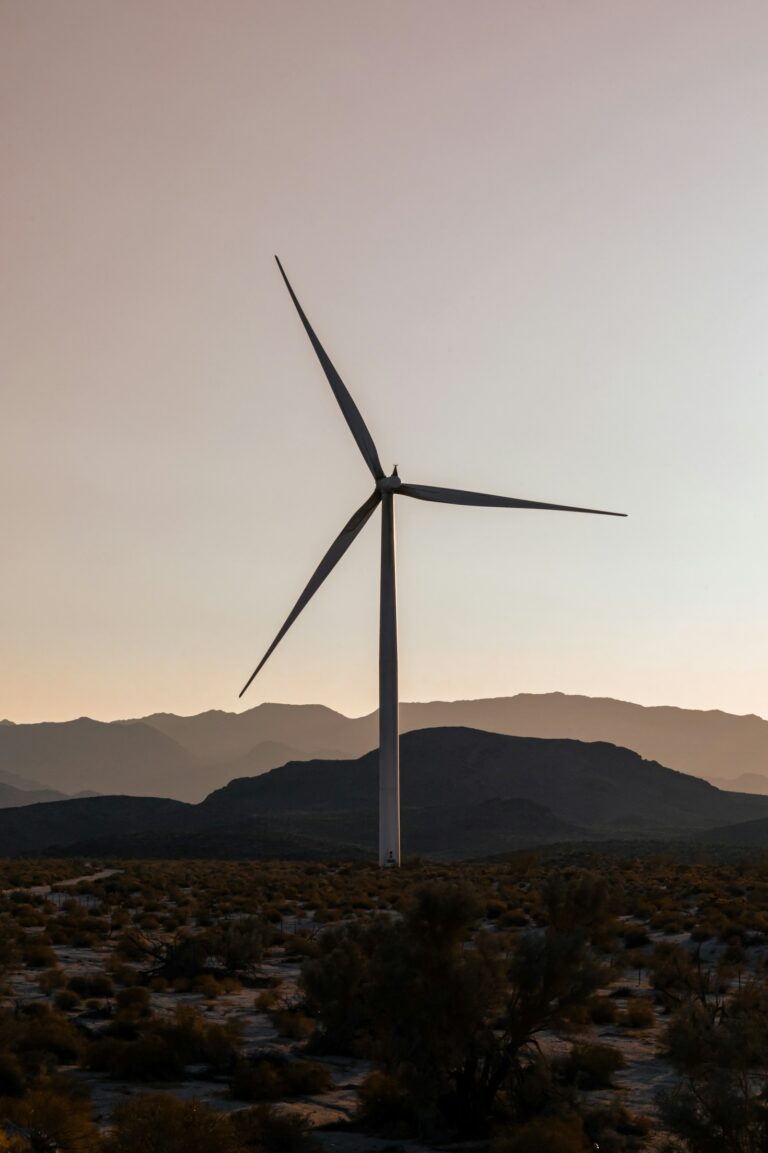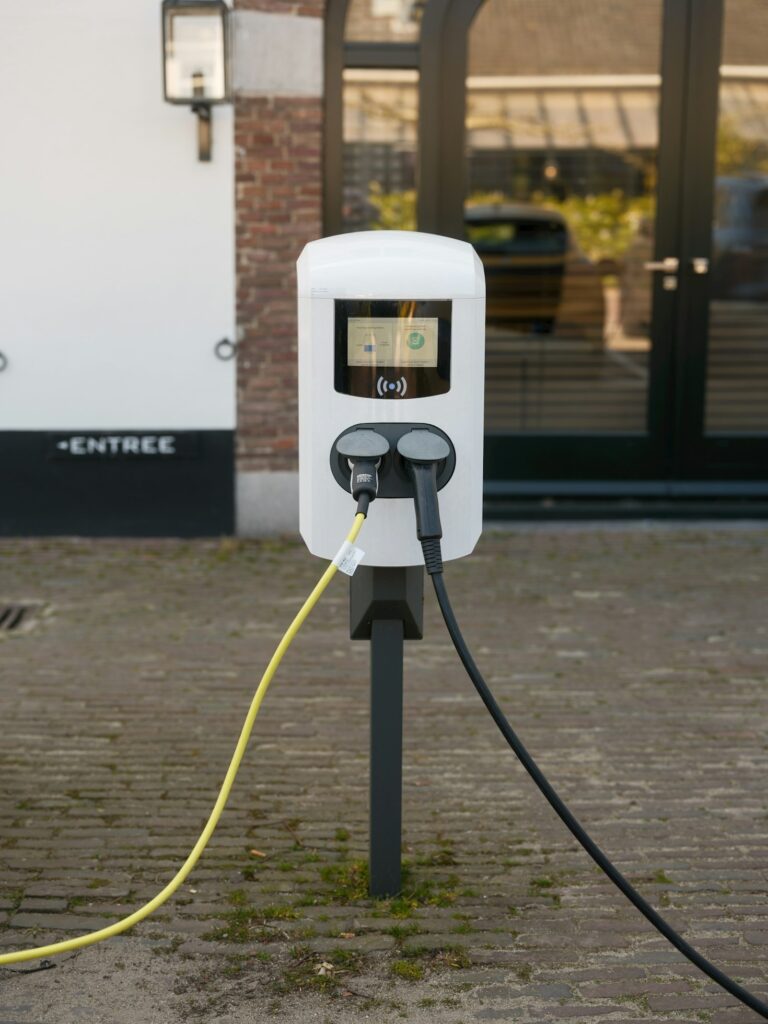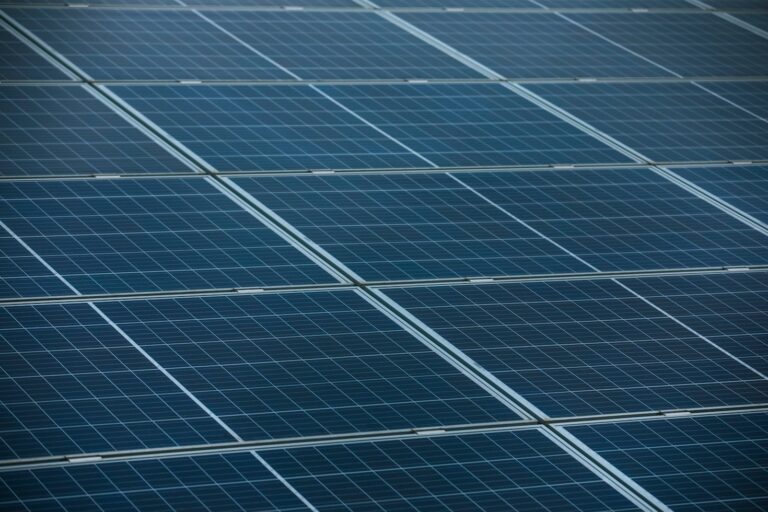Making Your Home More Energy Efficient

With rising energy costs and increasing concerns about climate change, making your home more energy efficient is one of the smartest choices you can make. Not only does it reduce your monthly utility bills, but it also lowers your carbon footprint—helping both your wallet and the planet. The good news? You don’t need a massive renovation project to see results. Even small changes can add up to big savings over time.
Sometimes, the simplest moments hold the deepest wisdom. Let your thoughts settle, and clarity will find you. Use this quote space to share something inspirational or reflective, perfectly aligned with the theme of your article.
1. Upgrade to Energy-Efficient Appliances
Old appliances may still function, but they often consume far more energy than newer, energy-efficient models. Look for the ENERGY STAR® label when purchasing refrigerators, washing machines, air conditioners, and even small appliances. While the upfront cost may be higher, the long-term savings on your electricity bill will more than offset it.
2. Improve Insulation and Seal Leaks
A well-insulated home keeps cool air in during summer and warm air in during winter. Check your walls, attic, doors, and windows for drafts and leaks. Simple fixes, such as applying weatherstripping or caulking gaps, can make a significant difference. For older homes, upgrading insulation can significantly cut heating and cooling costs.
3. Switch to LED Lighting
Lighting accounts for a notable portion of household energy use. LED bulbs consume up to 75% less energy and last up to 25 times longer than traditional incandescent bulbs. It’s a simple, low-cost switch that delivers immediate savings.
4. Embrace Smart Thermostats
Heating and cooling make up the bulk of household energy consumption. A smart thermostat learns your habits and adjusts temperatures automatically, ensuring you’re not wasting energy when you’re not at home. Even lowering your thermostat by just 1–2 degrees can reduce energy bills noticeably.
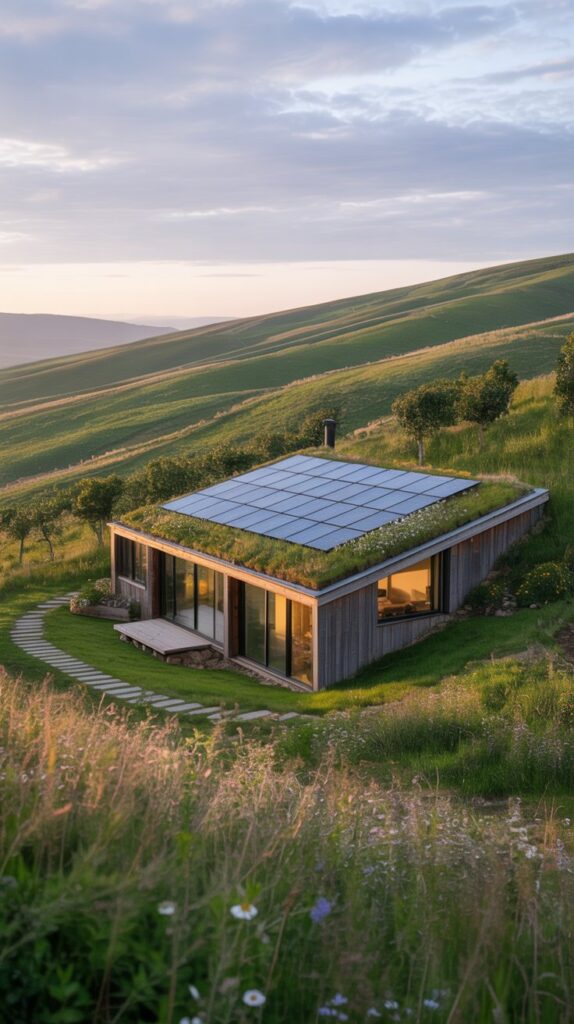
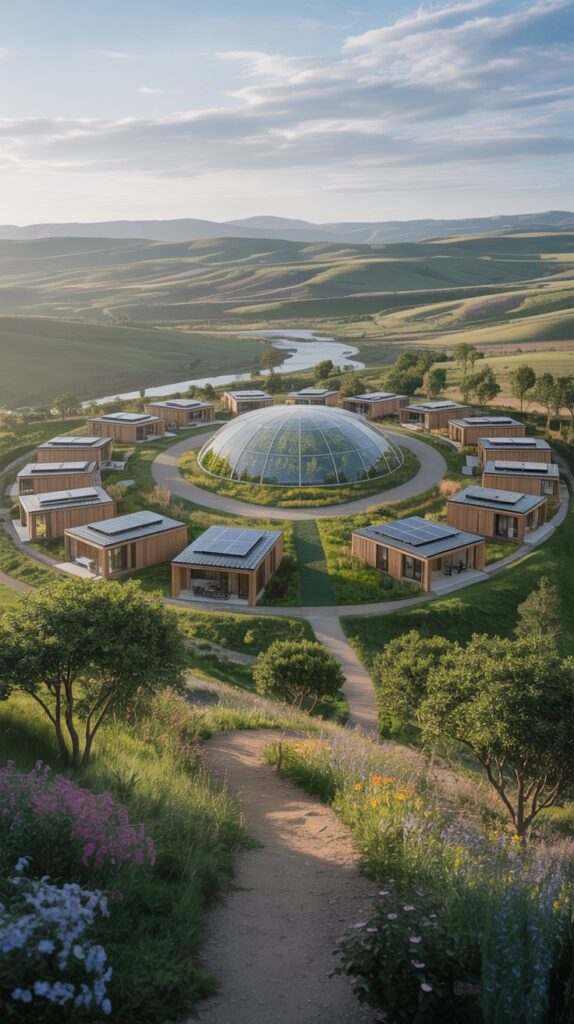
5. Use Natural Light and Ventilation
Take advantage of daylight by keeping curtains open during the day. This reduces the need for artificial lighting. In warmer months, proper ventilation or ceiling fans can reduce reliance on air conditioners, further lowering your electricity usage.
6. Be Mindful of Water Heating
Water heating is another major energy expense. To save:
- Lower your water heater temperature to 120°F (49°C).
- Install a water heater blanket if it’s an older model.
- Consider low-flow showerheads and faucets to reduce both water and energy use.
7. Consider Renewable Energy Options
If your budget and location allow, investing in solar panels or other renewable energy solutions can dramatically reduce long-term energy costs and even provide extra income through government incentives or selling power back to the grid.
Final Thoughts
Making your home more energy efficient doesn’t have to be overwhelming. By combining smart upgrades with simple lifestyle changes, you can enjoy a more comfortable home, lower utility bills, and the satisfaction of reducing your environmental impact. Start with one or two steps today, and over time, you’ll see the benefits multiply.

